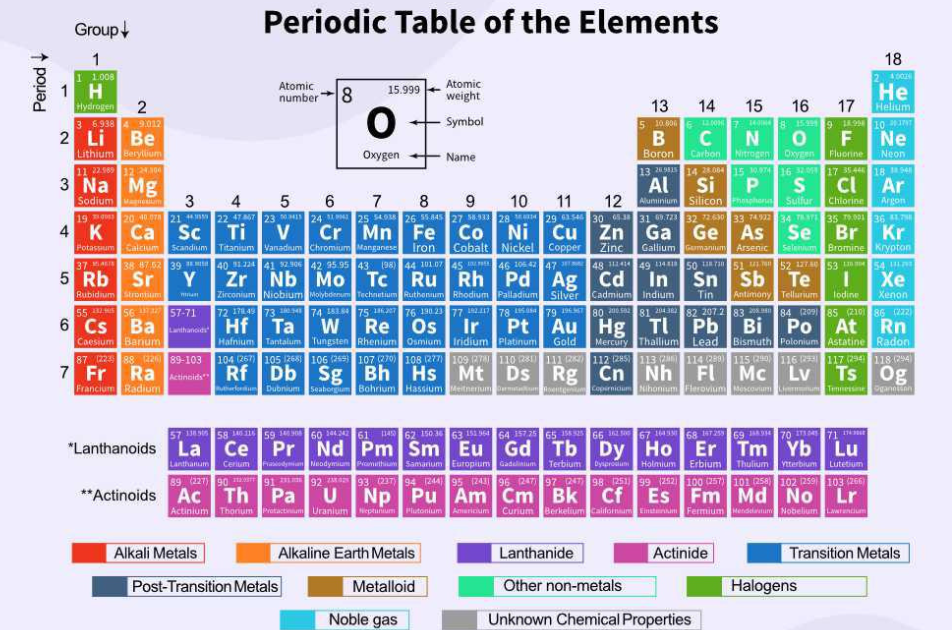What Is AI?
AI Is Dangerous For Us? We Shall Find Out.The creation of devices and software that are capable of carrying out activities that ordinarily require human intelligence is known as artificial intelligence, or AI. Learning, reasoning, solving problems, comprehending natural language, and perceiving are some of these tasks. AI is driving innovation and opening up new opportunities across a wide range of industries, including healthcare, finance, robotics, and autonomous cars.

Areas of Artificial Intelligence:
- Machine Learning (ML):
Definition: A branch of AI that eliminates the need for explicit programming and allows systems to learn from data and get better over time.
Applications: include fraud detection, image identification, predictive analytics, and recommendation engines like Netflix and Amazon.
Deep Learning: An area of machine learning that uses neural networks to simulate the functioning of the human brain. Applications like as sophisticated language models and self-driving automobiles are powered by it.
Natural language processing:
Definition: AI’s capacity to comprehend and translate spoken or written human language.
Applications: include sentiment analysis, automated translation, chatbots (like Siri and Alexa), and summarizing software.
Robotics:
Definition: The development of devices capable of semi-autonomous or autonomous physical task performance.
Applications: include drones, autonomous delivery systems, healthcare robots, and industrial automation (factories).
Computer Vision:
Definition: Artificial intelligence that gives machines the ability to comprehend and decide using visual inputs.
Applications: include quality assurance in manufacturing, driverless cars, and facial recognition.
Expert Systems:
Definition: Artificial intelligence systems created to simulate human judgment in specific domains.
Applications: include financial forecasts, legal guidance, and medical diagnostics.

Applications of AI:
Healthcare: AI-powered diagnostic technologies are able to identify illnesses from radiological pictures, suggest individualized courses of care, and even forecast disease outbreaks.
Finance: AI is utilized in chatbot customer support, fraud detection, credit rating, and algorithmic trading.
Autonomous Vehicles: AI is used by self-driving automobiles to assist with navigation, object identification, and roadside decision-making.
Entertainment: Artificial intelligence (AI) creates material, operates recommendation algorithms for streaming services (like Netflix), and even helps with artistic or musical creation.
Retail: Inventory management, virtual shopping assistants, and personalized recommendations are some of the ways AI improves the customer experience.
The Future of AI:
Artificial General Intelligence (AGI): The long-term objective is artificial general intelligence, or AGI, where AI systems are able to carry out any intellectual work that a human can. AGI would be highly capable in many areas, such as creativity, emotional intelligence, and multidisciplinary reasoning.
AI in Space Exploration: From improved systems supporting astronauts to autonomous rovers exploring planets, artificial intelligence (AI) will be integral to future space missions.
AI Ethics and Governance: To guarantee that AI technologies advance humanity while lowering hazards, there is an increasing need for ethical frameworks and rules as AI develops.
READ MORE : TOP 10 Most Expensive Metals
AI Is Danger For Us?
The field of artificial intelligence (AI) has many potential benefits as well as risks. AI has the potential to significantly increase output, facilitate better decision-making, and resolve challenging issues in a variety of industries, including banking and healthcare. But there are dangers attached to its quick development and implementation as well. As automation replaces human labor in numerous areas, AI could result in a major loss of jobs and could cause societal and economic instability. Furthermore, AI systems could be exploited maliciously if they are not adequately regulated, as in the case of autonomous weapons or widespread surveillance, endangering security and privacy.AI programs may be biased, which might exacerbate or even continue social injustices, according to some worries. To reduce these risks, it’s critical to strike a balance between innovation and thorough assessment of the ethical and societal ramifications of AI as it develops.We must proceed cautiously with AI development in light of these risks. Despite the enormous advantages, we must make sure that AI is created ethically, with strong regulatory monitoring, transparent decision-making procedures, and ethical frameworks. It is not only hypothetical to wonder if AI poses a threat to humanity; rather, it is an urgent matter that has to be carefully considered and addressed in order to protect our future.
Conclusion:
AI Is Dangerous For Us? No,Artificial intelligence has substantial hazards that cannot be disregarded, even while technology has enormous potential to alter industries and improve our lives. The significance of carefully creating and using AI is underscored by the possibility of job displacement, misuse, and the maintenance of prejudices. Establishing strong ethical frameworks, rules, and monitoring is essential as AI technology develops in order to guarantee that society as a whole benefits from AI while reducing any potential risks. The way we decide to handle and incorporate this potent technology into our environment will determine how AI develops in the future.











Pingback: Dark Matter | What Is Dark Matter - astrobites